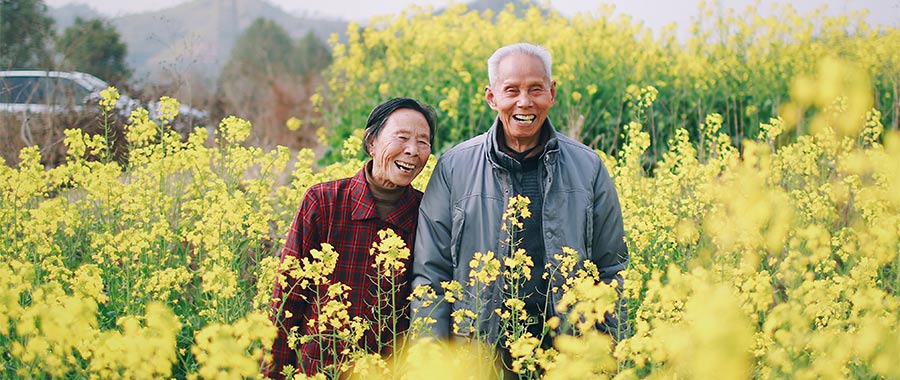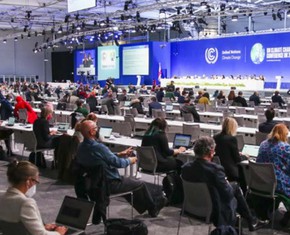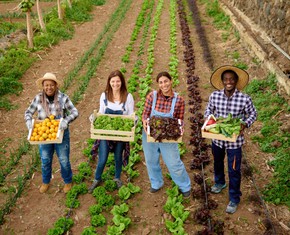The views expressed in our content reflect individual perspectives and do not represent the authoritative views of the Baha'i Faith.
I went “green” when I read Frances Morre Lappe’s book Diet for a Small Planet, which inspired me to be vegetarian in the early 1970s. Around that same time I started changing other habits, too.
Back then it was much more difficult than now. Few stores sold yogurt, so I made my own. Soy-based meat substitutes weren’t generally available, so I learned about combining grains, nuts, seeds, and legumes. Recycling required driving across the city to a site with bins for various colors of glass, cardboard, and metals. Difficulty aside, these were good things to do, and I did them heartily and enjoyably.
More recently though, it seems that taking steps to help the environment has become more complicated. It’s difficult to learn and then apply rules and evaluate the many trade-offs. Hybrid cars, but what about the battery? Fluorescent bulbs, but what about the mercury? I buy organic produce but may have to go further to find it, often pay more, and the selection is limited. Taken to its extreme, buying local (within a 100-mile radius) would be the end of coffee, tea, bananas, citrus, and a long list of other items. Of course, such action would also deny the social and economic benefits stemming from the interdependence of regions and nations through trade.
Someone asked me if they should wash cans before recycling them. That question surprised me, because it never occurred to me not to—possibly because I formed my own habits back when recycling was unusual and water was plentiful.
I realize now that habits need to be re-examined occasionally to consider new learning, new awareness and new science. In environmental terms, I need to distinguish between the goal—to help the environment—and the starting point. I still want to reduce, reuse, and recycle. I also want to add to this list: resist and refuse.
When I buy or consume, I now try consider with every material decision: Does it help sustain our environment? Can I maintain the action? Do the long-term benefits outweigh the costs?
These questions define an evolving standard that every environmentally-aware person must consider: does our society’s consumption and materialism serve or harm our world? When I buy that shiny new thing, does my decision help or hurt?
From a Baha’i perspective, we all have the responsibility and duty to balance our material and spiritual lives and to both resist and refuse the insistent pull of the purely physical aspects of life:
The individual is not merely a self-interested economic unit, striving to claim an ever-greater share of the world’s material resources. “Man’s merit lieth in service and virtue”, Bahá’u’lláh avers, “and not in the pageantry of wealth and riches.” . . . By consecrating oneself to the service of others, one finds meaning and purpose in life and contributes to the upliftment of society itself.
– The Universal House of Justice, To the Baha’is of the World, 1 March 2017.
I can compare this to social situations, where I have a standard for making decisions. In religious or spiritual terms, that would be the message I follow. As a Baha’i I ask myself, “Does this promote unity?” Other faiths have their own guidance, and their followers can decide for themselves whether they are sufficient or relevant to the times in which we live.
Another principle through which I can guide my behavior is to be mindful of the relationship between the inner and outer environment.
Since virtually every religious tradition has a way of stating the Golden Rule, and no faith has any teaching that contradicts it, we might adapt it to suit our relationship with our planet. We could call it our “Green Rule.” To apply it, we only need to imagine Mother Earth saying to us, “Do unto the Planet as you would have it do unto you.”
Together, using the Green Rule, we can provide educational resources and practical tools for universal action. Then we can figure out, while balancing the physical and the spiritual, how to make truly green decisions.
















Comments
Sign in or create an account
Continue with Googleor